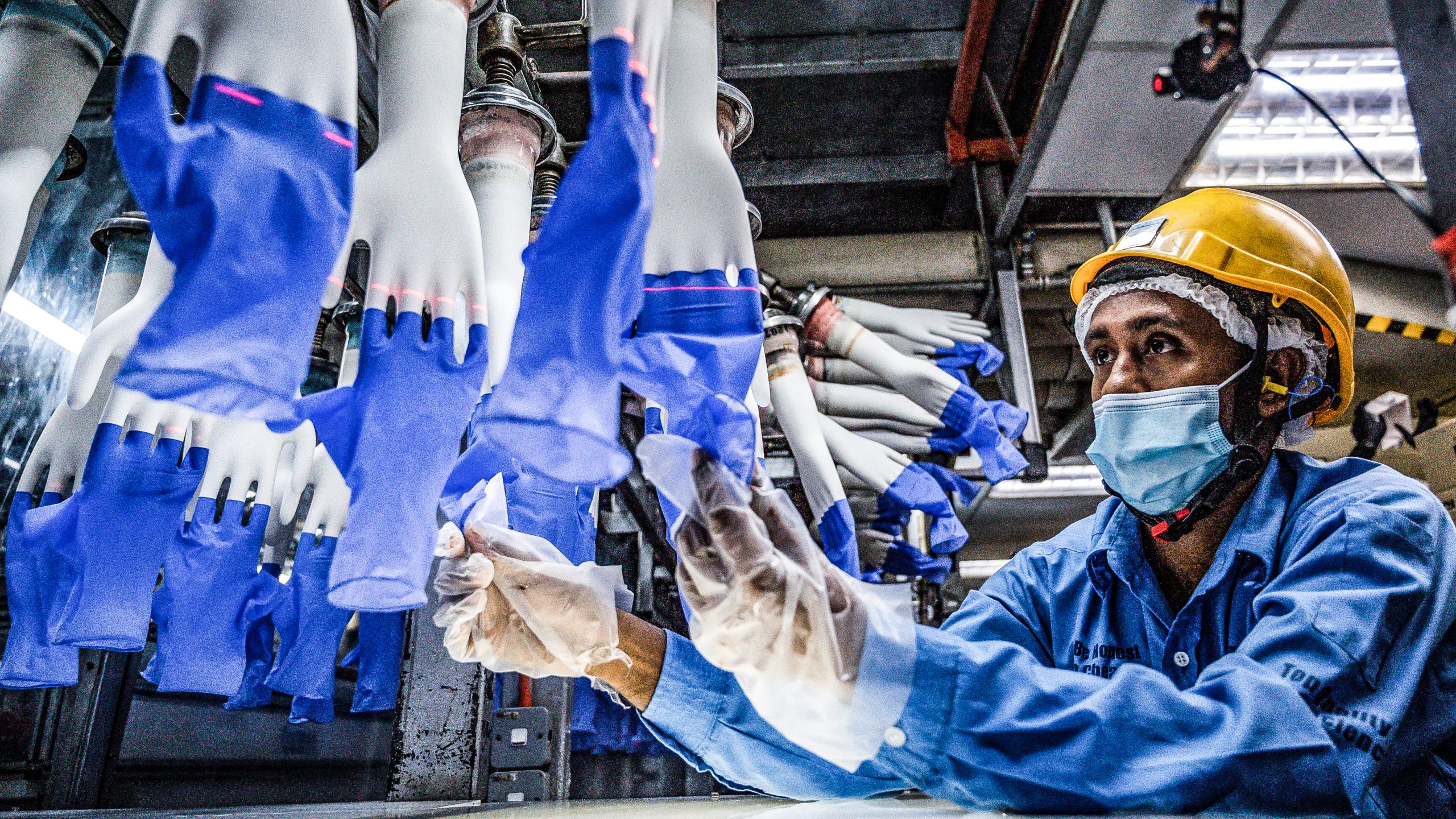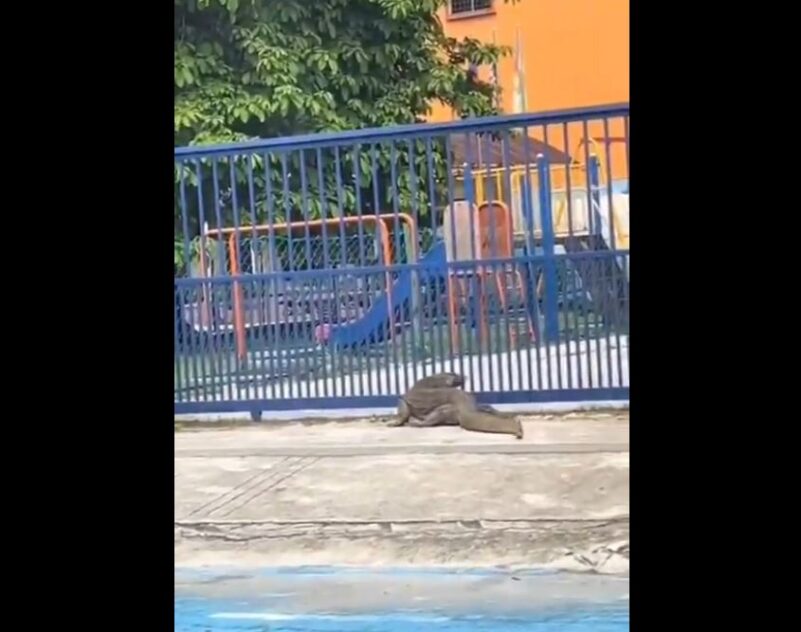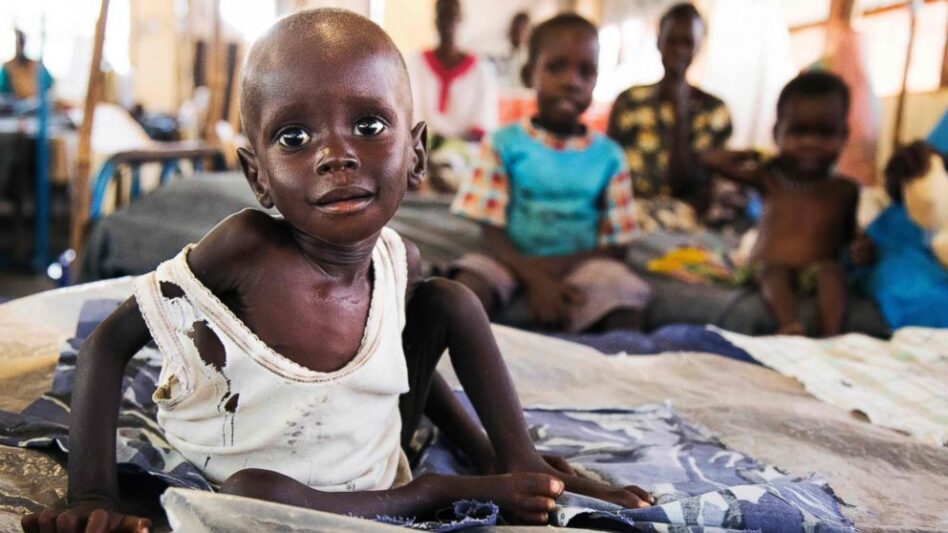THE recent COVID-19 spike in China is not expected to benefit the Malaysian glove makers for the simple reason that the Chinese end users are more likely source for supplies within their country itself.
On top of that, glove buyers are still unwilling to commit to large orders as they continue to drawdown on existing inventories, according to Hong Leong Investment Bank (HLIB) Research.
“On the supply side of things, manufacturers have scaled back on their respective expansion plans to curtail excess supplies in the market,” analyst Sophie Chua Siu Li pointed out in a glove sector update.
“Coupled with new entrants exiting the market, we believe this would continue to alleviate pressure on the supply side. However, in absence of a strong pick-up in orders, we do not think that reduced supply alone is sufficient to resolve the oversupply situation and the problem could potentially extend into CY2024.”
Elsewhere, HLIB Research also reiterated that glove average selling prices (ASPs) have been on a declining trend since mid-CY2021, leading to subsequent poor performance reported by the glove makers.
“Nitrile glove ASP currently hovers around US$18-US$20 for per thousand pieces but we think it might further weaken in the coming months as rivalry in the marketplace has continued to remain intense,” observed the research house.
“This is evident by one of the glove maker’s recent attempts to raise ASPs slightly but resulted in a sizable decline in sales volume – signifying resistance from buyers given that they are still relatively price sensitive at this point.”
Moving forward, HLIB Research expects industry utilisation to range around 40%-50% in 1H 2023 (a modest improvement from 30-50% currently) but performance is expected to remain bleak in the quarters to come considering the improved volumes is likely to be achieved at the expense of ASPs.
“Not to mention the cost-plus mechanism adopted previously is also no longer viable under current market situation since the manufacturers are now price-takers, and the inability to pass on higher costs (ie labour cost, natural gas cost) will continue to hamper profitability,” justified the research house.
All-in-all, HLIB Research retained its “underweight” outlook on the sector as it deemed earnings for the glove makers have yet to bottom judging from the lower operational efficiency, depressed ASPs (which could potentially inch lower in 1H 2023) and inability to pass on higher costs to end users. – Jan 5, 2023









